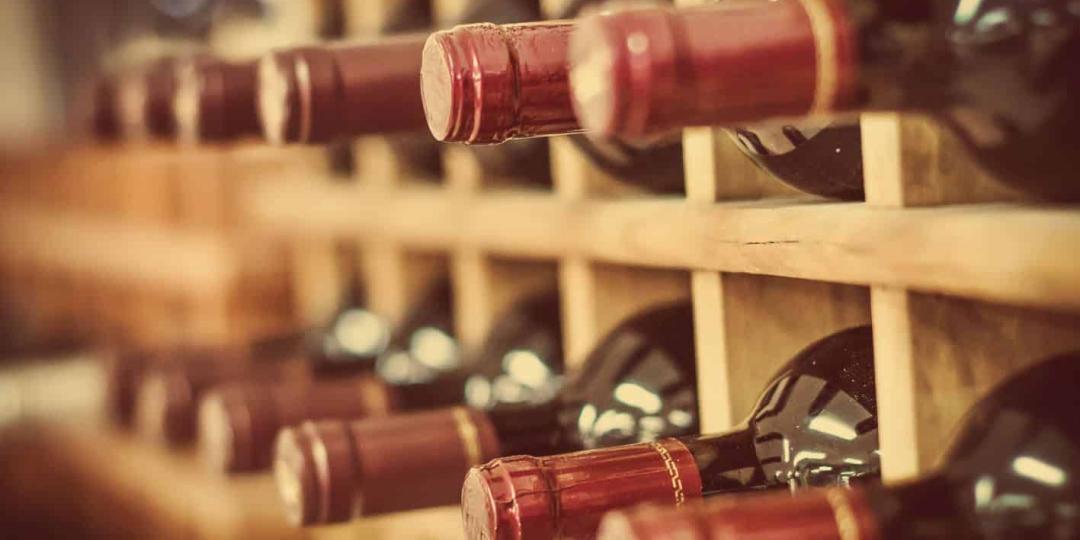The relaxation of restrictions – with a move from Lockdown Level 4 to Level 3, which allows for wine and other liquor sales – means that the industry can now rebuild a crucial sector in the Western Cape and save jobs, according to the Western Cape Minister of Agriculture, Ivan Meyer.
Wine tourism and hospitality is a major contributor to the Western Cape and the wine sector is a major employer in the province.
Meyer pointed to a recent report on the economic impact of government restrictions on the alcohol industry commissioned by the Western Cape Department of Agriculture, which highlights the “immense pressure” the sector has been under.
Optimal Agricultural Business Systems (OABS) did the research, and the Bureau for Food and Agricultural Policy (BFAP) did the modelling for the report, entitled, ‘Economic Impact of Government Restrictions on Domestic and International Trade of Alcohol’.
Some of the main results from the report can be summarised as follows:
- The smaller players in the industry (smaller producers, micro cellars and craft breweries) were hardest hit by the trade ban. Bigger, particularly foreign-based multinationals, were the least affected.
- The current round of restrictions will cut R3.5 billion (€200.43m) from the Gross Value of Production by 2027.
- An estimated 165 000 jobs were already lost, with more at stake should alcohol bans continue.
The above figures reflect the national impact of the blanket ban on liquor sales. “It is worth noting that 95% of the wine industry is located in the Western Cape, and so it was extremely devastating for our provincial economy,” said Meyer.
Chances of survival
According to the Impact of Covid-19 on the Wine Value-Chain Survey that wine industry body, Vinpro, conducted early in July – among wine grape producers, wineries and other wine-related businesses – 58% of the 549 respondents indicated that their businesses would have to make drastic changes over the next year to be able to overcome the current challenges related to COVID-19.
Nearly a quarter (22%) indicated that they would, in all probability not be able to survive at all. Even more alarming is the fact that 46% of black-owned brands and farms believe their businesses won’t be able to survive the next year.
Around two-thirds of all respondents’ revenue is generated from domestic wine sales, which reiterates the importance of domestic trade for the survival of the industry. The local market is of particular importance to smaller wineries and black-owned brands, which are heavily reliant on sales channels such as their tasting rooms, hospitality offering and e-commerce.
According to the Economic Value of Wine Tourism Study conducted by Vinpro in 2019, wine tourism represents 41% of these small businesses’ total turnover. “It is especially the small and micro enterprises that do not have sufficient bridging finance to sustain them through the current and continued restrictions,” said Vinpro MD, Rico Basson.























